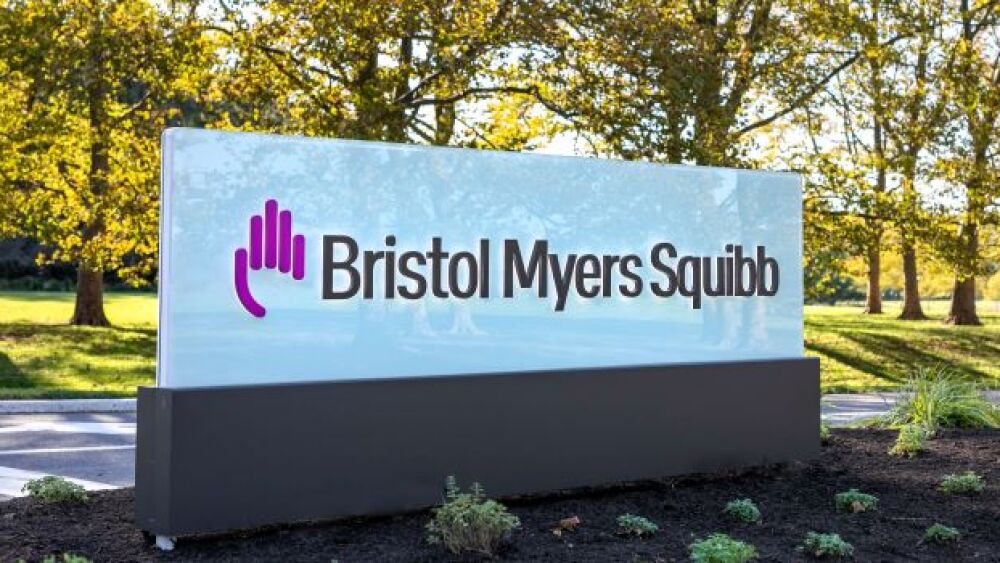The FDA-approved ide-cel, which will be marketed under the brand name Abecma is going to be the second therapy for myeloma. Here’s everything you need to know.
Abecma is the second CAR-T for Myeloma. (Photo courtesy of Bristol Myers Squibb)
Bristol Myers Squibb and bluebird bio finally received the green light from the U.S. Food and Drug Administration (FDA) for its CAR-T multiple myeloma treatment. The FDA approved ide-cel, which will be marketed under the brand name Abecma.
Abecma (idecabtagene vicleucel) is the first B-cell maturation antigen (BCMA)-directed chimeric antigen receptor (CAR) T cell immunotherapy approved for the treatment of adult patients with relapsed or refractory multiple myeloma after four or more prior lines of therapy, including an immunomodulatory agent, a proteasome inhibitor, and an anti-CD38 monoclonal antibody.
For BMS, this approval marks the second CAR-T treatment the company now offers to cancer patients. Its first CAR-T therapy, liso-cel, now known as Breyanzi, was approved by the FDA last month for adults with relapsed or refractory (r/r/) large B-Cell lymphoma (LBCL) after two or more lines of systemic therapy.
Like other CAR-T therapies approved for hematological cancers, Abecma is expected to be a one-time personalized immune therapy for these patients. As an anti-BCMA CAR T cell therapy, Abecma recognizes and binds to BCMA, a protein that is nearly universally expressed on cancer cells in multiple myeloma, leading to the death of BCMA-expressing cells.
Approval for Abecma was based on data from the pivotal Phase II KarMMa study that evaluated the safety and efficacy of ide-cel (idecabtagene vicleucel). Data from that study, which was published in the New England Journal of Medicine (NEJM) last month, showed ide-cel met the primary endpoint of overall survival and the key secondary endpoint of complete response rate.
In the trial, 72% of patients who received the CAR-T treatment achieved rapid, deep and durable responses. Clinically meaningful responses were reported in heavily pre-treated patients across all dose levels and in multiple high-risk subgroups, including those with high-risk cytogenetics, triple- or penta-refractory disease, high tumor burden at baseline, and extramedullary disease. Clinically meaningful improvement was also observed across measures for median duration of response, median progression-free survival and overall survival in treated patients.
Samit Hirawat, chief medical officer for BMS, said CAR-T therapies have shown the potential for transformational treatment of hematologic cancers. Hirawat praised the efforts of the research teams that guided this treatment through the clinic and regulatory approval.
“Bristol Myers Squibb is now the only company with two approved CAR T cell therapies with distinct targets of CD19 and BCMA. As our second FDA-approved CAR T cell therapy, Abecma underscores our commitment to deliver on the promise of cell therapies for patients who are battling aggressive and advanced blood cancers with limited effective treatment options, Hirawat said in a statement.
The road to potential approval for ide-cel has been tough. In March 2020, the FDA declined to review the KarMMa data and issued a Refusal to File letter. The regulatory agency said it needed additional data in order to review the BLA. The regulatory agency pointed to the Chemistry, Manufacturing and Control (CMC) module as the area that needs the additional data. That has since been settled and paved the way for approval.
Nick Leschly, chief bluebird (CEO) at bluebird bio also pointed to the long development history of ide-cel (Abecma).
“This achievement would not have been possible without all of the patients, caregivers, investigators and healthcare staff who participated in our clinical studies, as well as the tremendous collaboration with the FDA. Today’s announcement represents an important milestone for bluebird bio, marking both our first approved treatment in oncology and our first approved treatment in the United States,” Leschly said in a statement.





